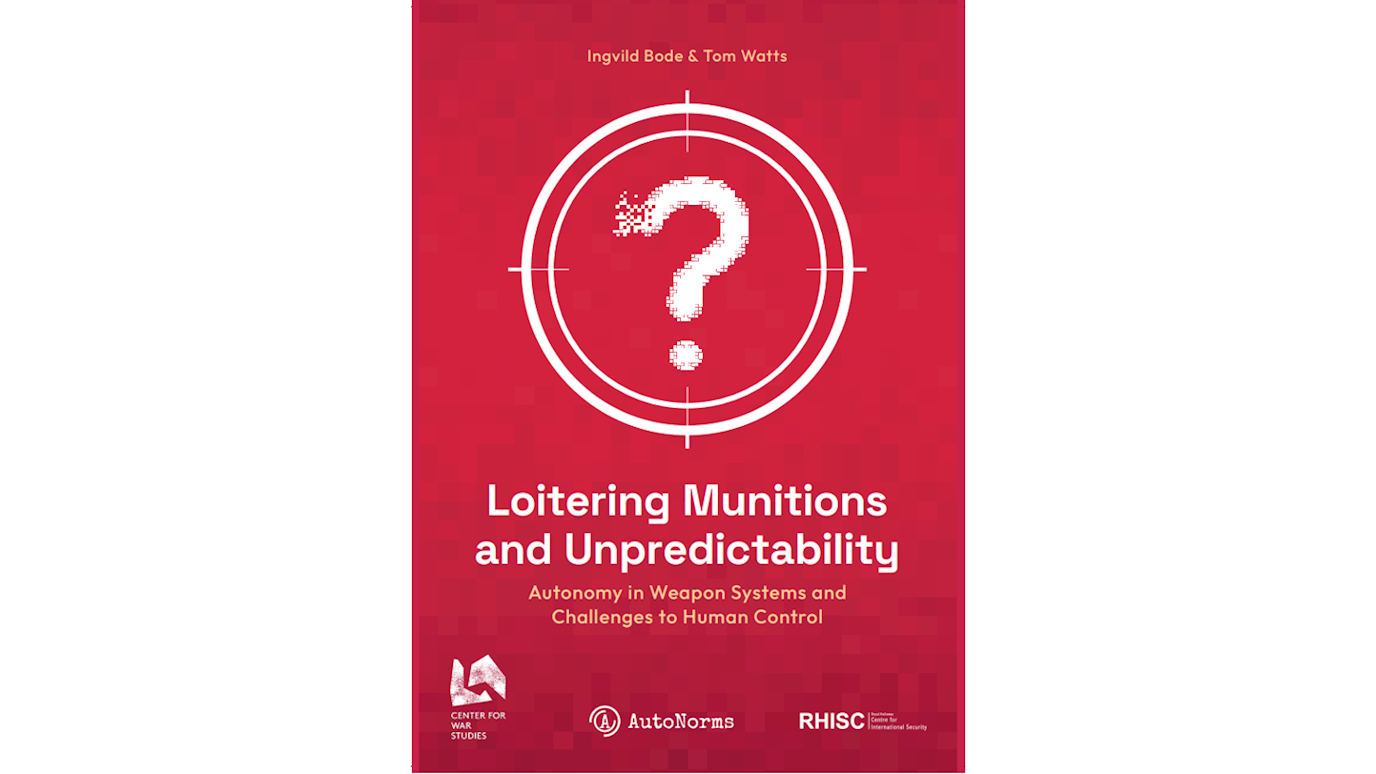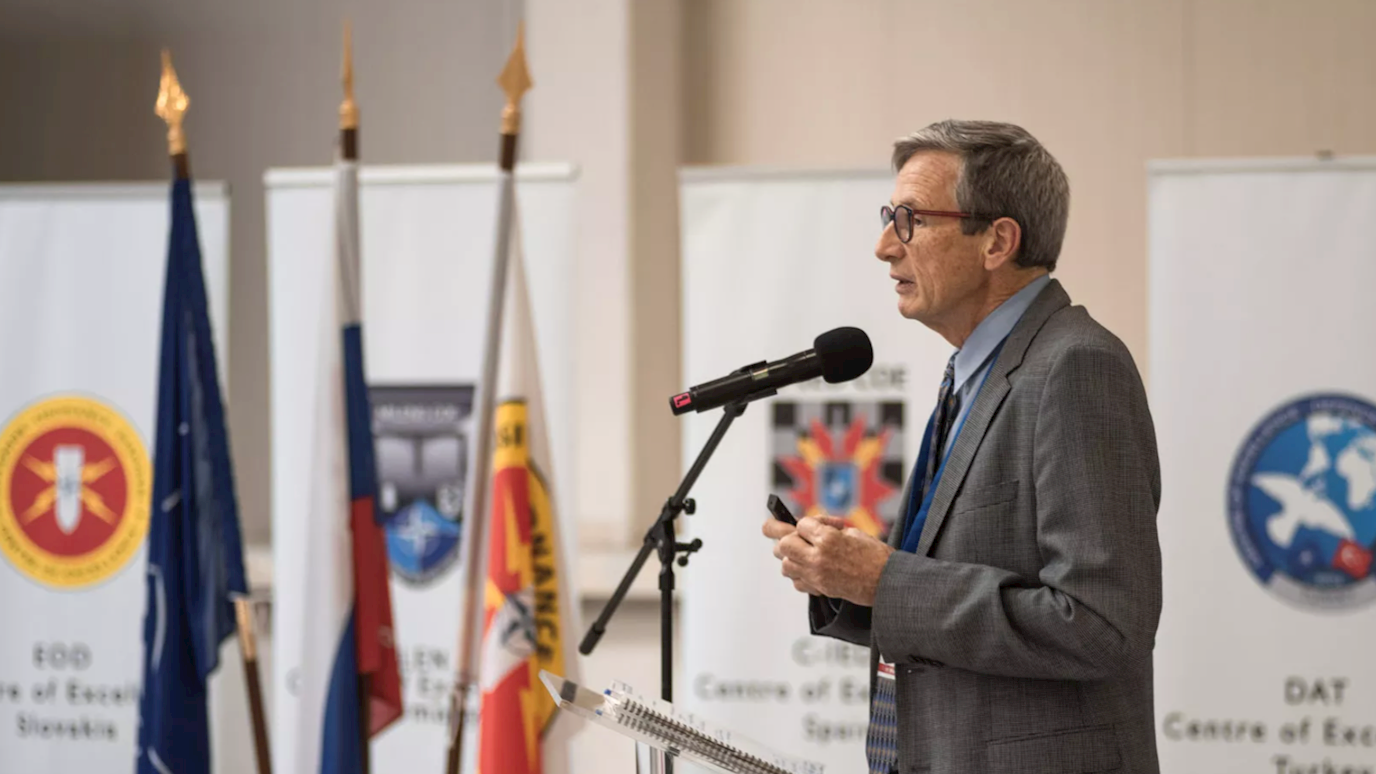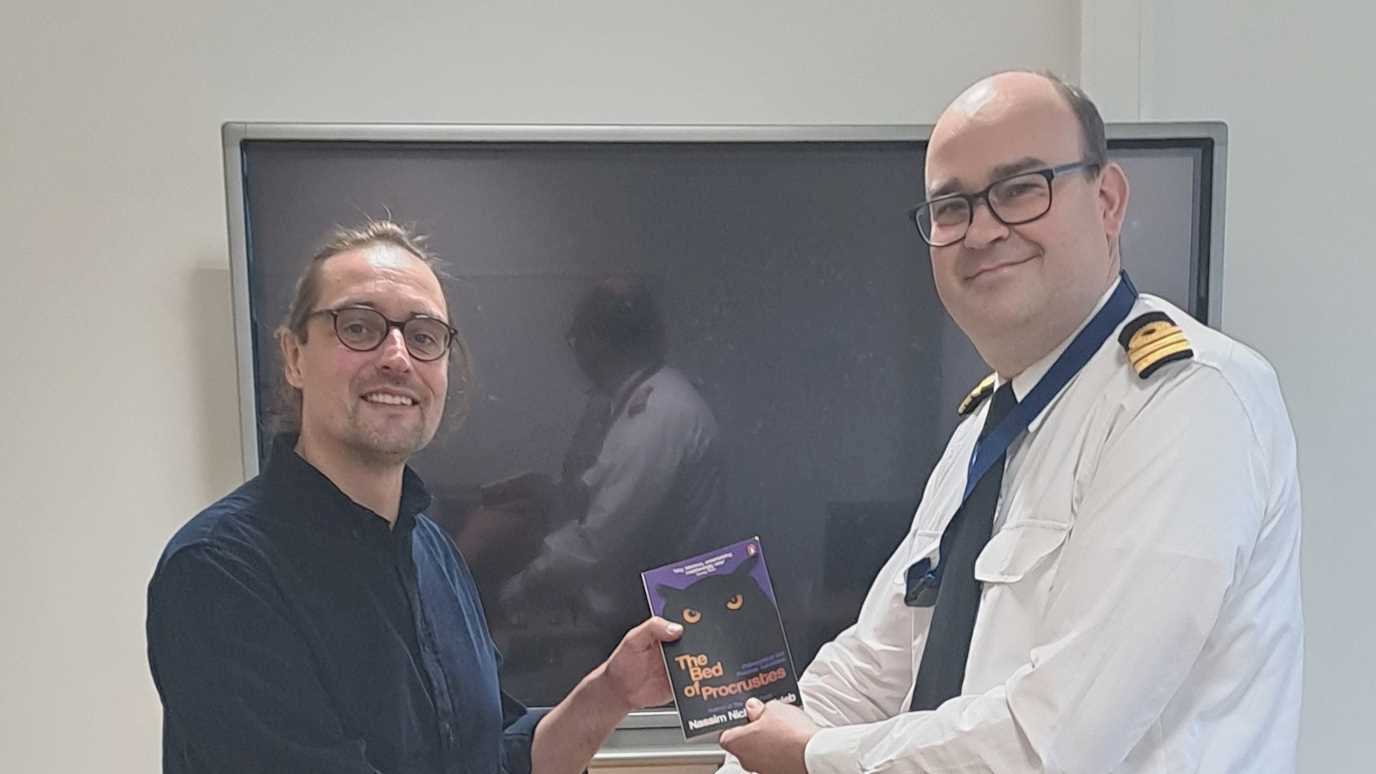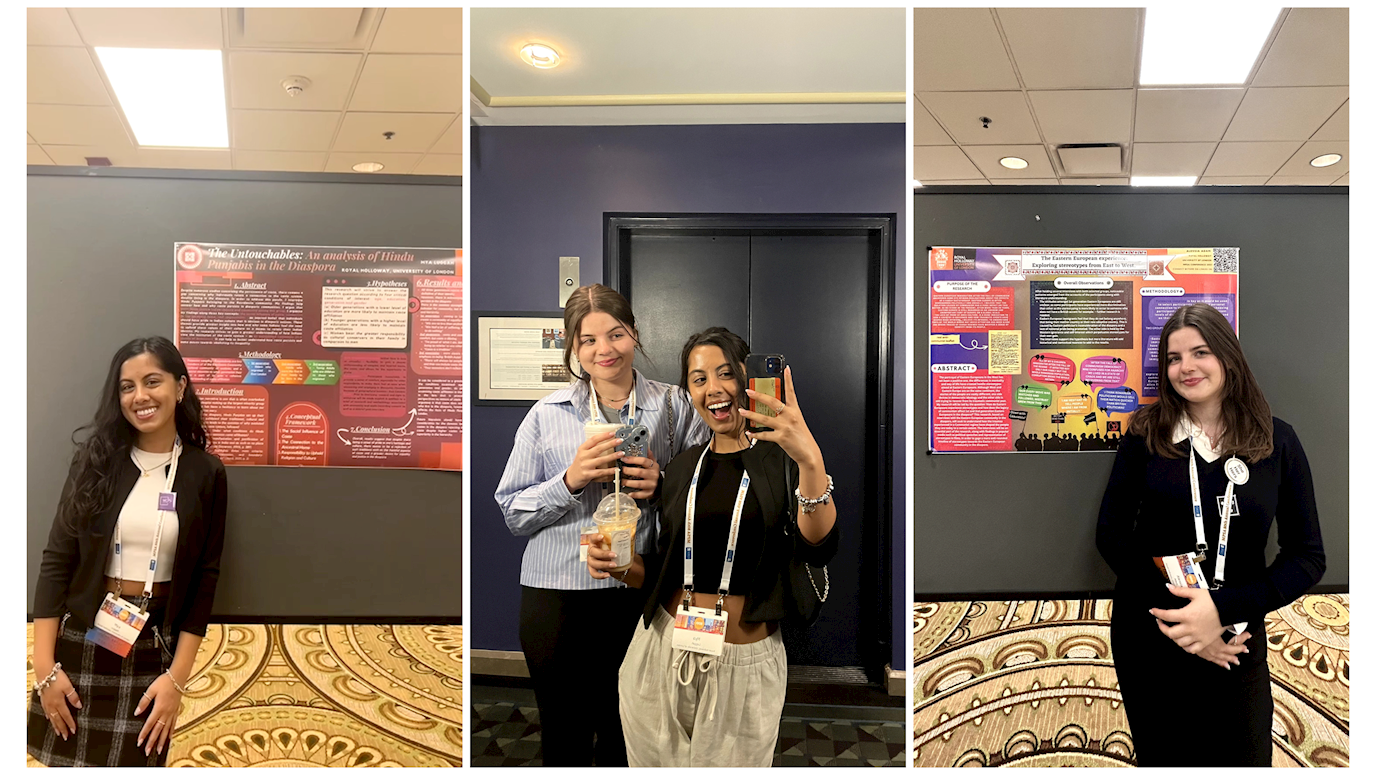Global trends in the development of loitering munitions show why autonomous weapon systems should be banned.

A new report published under the umbrella of the Royal Holloway Centre for International Security in collaboration with the Centre for War Studies, University of Southern Denmark highlights the pressing need to regulate autonomous weapon systems, or ‘killer robots’ as they are colloquially called.
Co-authored with Dr. Ingvild Bode, the “Loitering Munitions and Unpredictability” report examines whether the use of automated, autonomous, and AI technologies as part of the global development, testing, and fielding of so called ‘kamikaze drones’ since the 1980s has impacted emerging practices and social norms of human control over the use of force.
Its central argument is that whilst most existing loitering munitions are operated by a human who authorizes strikes against system-designated targets, the integration of automated and autonomous technologies into these weapons has created worrying precedents deserving of greater public scrutiny.
The report builds on two sources of data: first, a novel qualitative data catalogue summarizing the extent to which autonomous and AI technologies have become part of 24 loitering munitions; and second, an in-depth study of how such systems have been used in three recent conflicts – the Libyan Civil War (2014-2020), the 2020 Nagorno-Karabakh War, and the War in Ukraine (2022-).
The publication of this report supports Tom’s Leverhulme Trust Early Career Research Fellowship project titled “Great Power Competition and Remote Warfare: Change or Continuity in Practice?” (ECF-2022-135) which examines the relationship between the use of the strategic practices associated with the concept of remote warfare, the dynamics of change and continuity in contemporary American foreign policy including Trump’s presidential legacy, and the use of autonomy in weapons systems.
The “Loitering Munitions and Unpredictability” report can be accessed here. The reader can find more information about Tom’s research here.
























